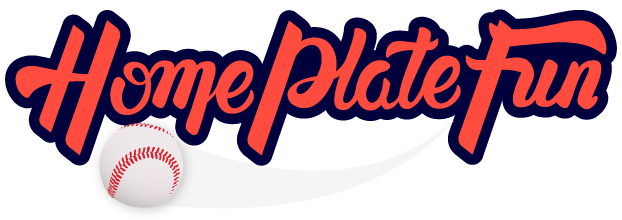Coaches Guide
Coaches are everything to organized Little League and they are hard to come by. Often times coaches are there just to fill a spot, but it doesn’t have to be that way. Having a coach’s guide, especially for coaches who are there just to fill a spot, helps to keep the goals of the league inline with how the coaches are going about their practices and games.
The guide should map out everything from the philosophy of the league, particular division rules (only the ones that set it apart from real baseball like base and mound distance, pitch count, the 5 run/inning rule), to coaching hierarchy. And it should include helpful reminders for health and safety such as what to do when a player gets hit in the head with a ball. All this should be able to fit in the back pocket of the all the coaches.
The guide to the coach hierarchy
It would be ideal to have 3 types of coaches:
- Head Coach
- Assistant Coaches
- General Manager
Head Coach
The Head Coach has all the responsibility of creating a good fun culture for the team. They oversee everything from player interaction, overall coaching, and is the decision maker for all things that happens on the field. Since they create the culture, players and assistant coaches may notice a difference in how a practice, game or meeting is run compared to another coach. The head coach should involve their assistant coaches as much as possible in the planning process and be open to hearing all the assistant coaches’ suggestions. As long as the head coach promotes the philosophy of the league, follows all the safety and health protocols and and is otherwise kind, they will have a good place as the head coach.
Assistant Coaches
Assistant coaches have the responsibility to fulfill the wishes of the head coach. The head coach will create the culture, so an assistant coach may or may not have a lot of say in what goes on for the team. But a good assistant coach should be willing to do anything from cleanup to running a full practice. There are no undesirable assistant coaching tasks. Either you want to be an assistant or you don’t. Having this in mind when you commit to the team allows the Head Coach to execute their tasks efficiently. Assistant coaches should familiarize themselves with the head coach’s routine as much as possible.
General Manager
The last coach on this list is the General Manager. They have a hard task of organizing everything off the field. First, they need to fulfill the needs of the Head Coach if there are any. Then they need to contact parents, remind players of practice and games, make sure volunteer hours are accounted for, the fields are properly stocked with everything a team needs to play a game or practice and speak on the team’s behalf for anything the head coach needs. This position requires a good amount of non-practice/game time, but if the GM is organized and the Head Coach is clear on their needs, this could be easy for someone who likes to do this type of work.
How they work together
For Little League teams, the weight of the decisions come down to the Head Coach. The Head Coach might make poor decisions when it comes to what they think is best for practice or games, but it’s their decision to make and to learn from. A good Head Coach will allow their Assistant Coaches to make suggestions as to how to run practice or a game, AND a good Assistant Coach will understand that even their best suggestion might not make it into practice or a game. Open communication about everything is a must for good culture.
Coaches should have a meeting before every practice and game to flesh out ideas that would make practice run as smoothly as possible. If this can’t happen, then even a sketch by the Head Coach or a designated coach would help everyone understand what they need to do. Ideally, grabbing a beer the night before does wonders with communication. Who’da thought? Not only do practice routines need to be drawn out, but the players should be discussed. Are there any challenges with the group? Is there anyone who needs special attention? Have you heard any constructive complaints from the players? Getting together and asking these questions will build a team that coaches want to coach on and parents want their players to play on.
